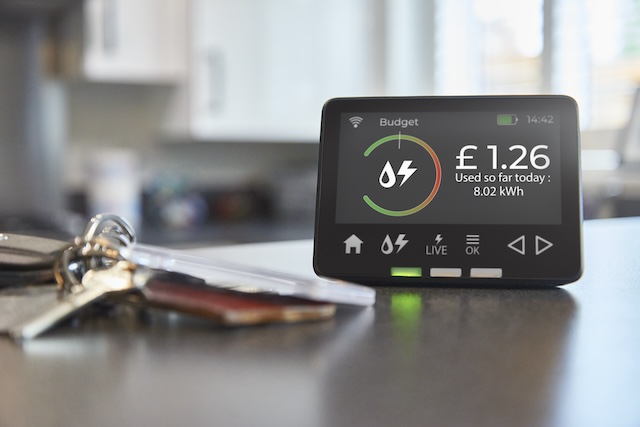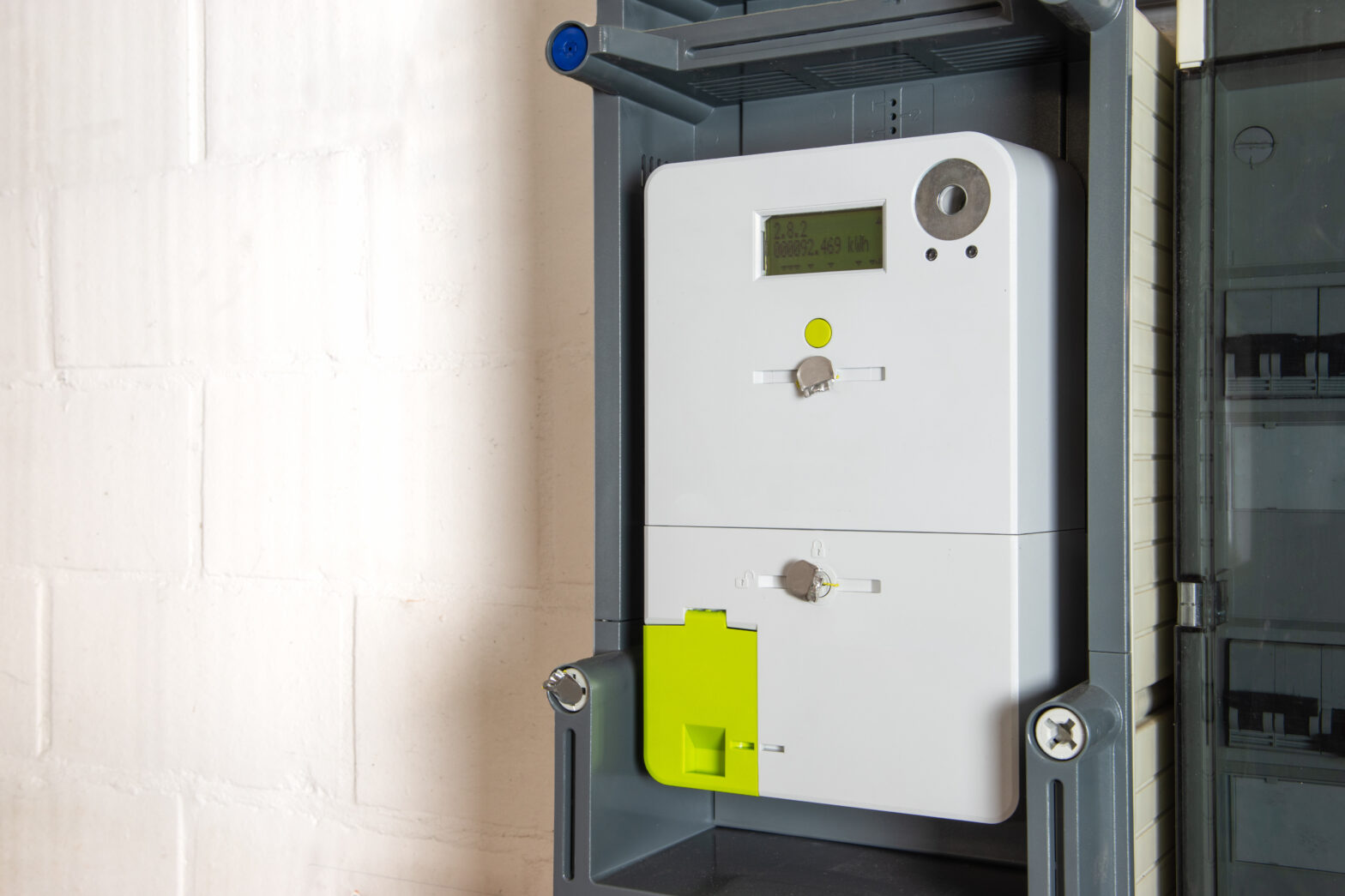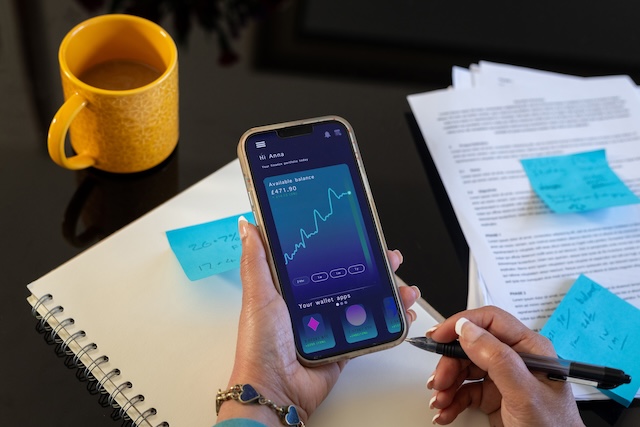Sustainability is high on the global agenda and businesses are in the driving seat when it comes to reducing harmful waste and creating innovations to promote cleaner, healthier ecosystems as well as fairer societal structures.
But new research from Smart Energy GB shows that although interest in achieving Net Zero in recent years has grown, 44% of Britons are unsure which actions they can take to tackle climate change. Concern for the environment, then, is yet to translate into the kinds of behavioural shifts needed to effect meaningful change.
As a business leader, you have the opportunity to help, not only through marketing materials and messaging, but also via your supply chain, operations and employees. The question is, where do you start? Being part of the solution to colossal problems such as climate change, hunger and exploitation is a daunting proposition. Regardless, with global industry shifting to new commitments, many firms are under pressure to adapt.
The opportunity for change
David Picton, SVP of Sustainability at ESG risk management provider Alcumus, believes businesses of different sizes within the supply chain can help each other reduce negative impacts and increase societal and environmental goods.
“Small business ESG (environmental, social and governance) actions are becoming increasingly relevant and powerful. With more competitive supply chains, smaller firms can differentiate themselves through responsible behaviour and the impact they have on larger businesses.
“Many corporates are focused on responsible sourcing, tackling areas like modern slavery and ethical trading. This should encourage SMEs to engage with sustainability and demonstrate the positive steps they are taking to protect people and the environment.”
This is not just good for the planet, but profits too. Research conducted by Deloitte in March shows almost a third of consumers regard themselves as ‘highly engaged’ with sustainable lifestyles, while 28% have stopped buying products due to ethical or environmental concerns.
Smart meters have a role to play in this sustainability drive. By getting a smart meter installed, small businesses who receive an in-home display with their smart meter can can track their energy usage more efficiently and reduce their carbon footprint.
Neil Gaught, author of CORE and founder of Single Organizing Idea, says business must go “all in” to address these concerns, or risk being labelled half-hearted by the buying public.
“In the twenty-first century sustainability has to be at the core of business planning. You are wasting your time and money if you are thinking that doing bit more CSR or making an ESG hire is going to cut it. Active, informed stakeholders are on the look-out for greenwashing and ‘purpose washing’. They will punish businesses that only half commit.”
Read more: Listen to your customers when it comes to sustainability
Bringing your people with you
What sustainability means varies from business to business, as will the measures each undertakes to reduce impact and maximise positive outcomes. It could be anything from investigating your suppliers to installing a smart energy meter. But, whatever you decide are the right measures to begin your sustainability journey, it’s vital that your people are along for the ride.
That means consulting them at the beginning of the process, not dictating to them once all decisions are made, says Cristian Parrino, chief sustainability officer at OpenUK.
“The more vested your staff are in the decisions that are made on the journey to sustainability, the more successful your steps to sustainability are likely to be.”
“When we introduced our sustainability policy, we did it collaboratively and I was stunned by the level of passion raised. Fundamentally, sustainability is a big picture conversation. Environmental concerns are one aspect – many others need to be considered too.”
There are many steps that can be taken to become a more sustainable business. The installation of smart meters will help small businesses combat their climate footprint, while the adoption of solar panels is essential for running on clean, renewable power. For those businesses that utilise cars and other forms of road transport, the phasing in of electric vehicles will also help in any sustainability mission.
Picton recommends an approach he calls ‘LIFT’, or Learn, Identify, Focus and Try. Leaders should begin by learning what matters to key people including staff, customers and investors. Next, they should identify what could change, be that in procurement, energy use or the organisation’s carbon footprint.
It’s important to focus on areas you deem most important, both in terms of what will make the biggest measurable difference and what people want to see happen. Lastly, try to do things differently, track results and learn lessons so that it becomes embedded in normal operations.
Picton says: “The golden thread that runs through that LIFT process will be data visibility to track what’s happening. We’ve seen that the most successful ESG strategies rely on diverse data streams measured accurately and consistently across business units.
“Making actions and impacts measurable is the foundation of sound business decisions, linked clearly to the strategy itself, setting a challenging balance that changes behaviours for commercial benefit.”
The power of company culture
People should be at the core of this process because they know your business, and likely have practical suggestions as well as big ‘blue sky’ ideas on how systems and processes could improve. Better still, working collaboratively could help increase key business KPIs like engagement, staff retention and productivity.
Research from Smart Energy GB identified a number of in-home energy saving behaviours that employees could apply to an office environment from their homes, such as installing a smart thermostat, installing a smart meter and switching appliances – like TV’s or computers – off stand-by.
Achieving a more sustainable business comes down to changing both a company’s and people’s attitudes and actions.
Johnny Mattimore, managing director of risk and sustainable finance at First Derivative, agrees and says the final piece of the puzzle lies within your company culture.
“As with any major organisational change, it is key that sustainability goals are embedded across the business from senior stakeholders through to the wider workforce. What this means is that culture plays a vital role alongside operations and technology.
“A collaborative approach in setting targets and ensuring that the views of employees are reflected will ensure that the whole business is working towards a collective goal.”
For more information about the benefits of smart meters please visit Smart Energy GB or contact your energy supplier to see if you’re eligible.
To download Smart Energy GB’s new report, Tackling Climate Change From Home, click here.
(This article is part of a paid-for information campaign for Smart Energy GB)





